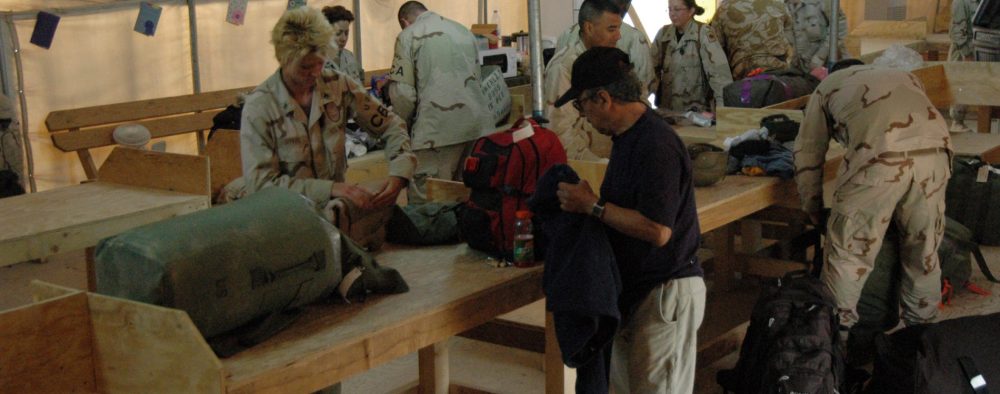When it comes to conducting searches, American border agents have greater legal authority than the police officers and they can search the luggage without permission from a judge, which is not the case with the police. Not only this, but border agents also have the authority to scroll through your electronic devices as well.
Because of this, anyone who would like to enter USA would have to be prepared to hand over all electronic devices to the authorities. Border agents cannot order you to unlock your phone but they can seize the device as well as copy all of the data therein. If the data turns out to be of no interest then they are to irrevocably purge the said data, reports New York Times.
Only recently, US Customs and Border Patrol detained and asked Sidd Bikkannavar to hand over his phone and access PIN. The phone in question was actually issued to Mr. Bikkannavar from NASA, since he is an employee over at NASA’s Jet Propulsion Laboratory (JPL). However, he couldn’t comply because he had a signed contract that prevents him from leaking NASA sensitive information. As a result of the law that prevents entry to Muslims, Mr. Bikkannavar, who is natural-born US citizen, was detained at the George Bush Intercontinental Airport in Houston, Texas, as reported by The Verge.
US citizens have guaranteed entry. Anyone else may be denied (re)entry. This happened to a Canadian journalist who was doing a piece on The Dakota Access Pipeline. The journalist, wanting to protect his sources and other sensitive info, refused to comply, and, as a result, US Customs and Border Patrol denied him entry.
American Civil Liberties Union is rightfully against the law. Users are usually already logged in different social networks and by giving in to the pressure and letting border agents rummage through your phone, you are actually giving access to all your friends and contacts, which, in turn, puts their privacy at risk as well. Border agents, however, can’t order you to comply and, therefore, unlock your phone or give access to the social networks, but when faced with the fear of being denied entry, most of the people give way and issue the access PIN to the border officials.
“Before government agents should be able to go rifling through that trove of private data, they should have a very good reason based on individualized suspicion of illegal activity,” said Nathan Freed Wessler, a staff attorney for the American Civil Liberties Union.
In 2015, agents had inspected close to 5000 electronic devices, most of them being cellphones (4.444). Still, one can’t help but notice how small of a number this is when compared to the 383 million arrivals that took place.









